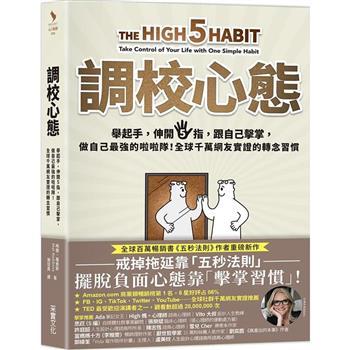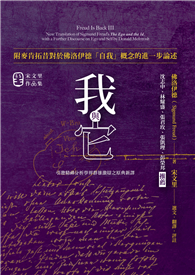Civil Rights Journey recounts the coming of age of a young man shaped early by the crucibles of polio and segregation (both by decree and by custom) and later by that of the civil rights movement. Joe Howell's story depicts the effects of human vulnerability and of human cruelty. The lingering effects of polio made him at times the object of bullying and derision, perhaps thus increasing his sensitivity to such cruelties manifested in the system of segregation. The reader shares the hopes, doubts, and at times despair that form Joe as he tries to wrest meaning from his experiences and determine what his path in life should be. Civil Rights Journey offers the reader a multilayered account of a young man born in the pre-civil rights South, sheltered by a code of customs that privileged the white middle class at the expense of blacks and poor whites, and of his formation and moral development shaped by his civil rights journey. (From the foreword by Janet Hampton) Joseph Howell has written a remarkable memoir. He takes us on a journey to rural Georgia at the height of the civil rights movement and the rise of black power. His account of his struggles to work with black activists to make change in communities deeply marred by entrenched issues of racism and social injustice is honest and passionate. Through Howell's fresh and complex narrative, we come to a rich understanding of the vital role white people can play in racial justice movements and the complex terrain they enter as they struggle to build new kinds of relationships with black activists and with "regular folks." These issues remain compelling today and contemporary readers will be profoundly moved as they accompany Howell through his struggles to make sense of the world and of his life in a time of historic racial change.
Mark R. Warren
Harvard University
Author of Fire in the Heart: How White Activists Embrace Racial Justice
Civil Rights Journey by Joseph Howell is a truly wonderful piece of writing. Joe Howell's personal story in the first section of the book is deeply moving and provides a beautiful frame for their Albany journal. As the Howells work with black SNCC workers in Albany, Georgia, they offer the reader a rare view of the civil rights movement during this important time. His powerful, honest book will be read and loved by many.
William Ferris
University of North Carolina
Former chair, National Endowment for the Humanities












